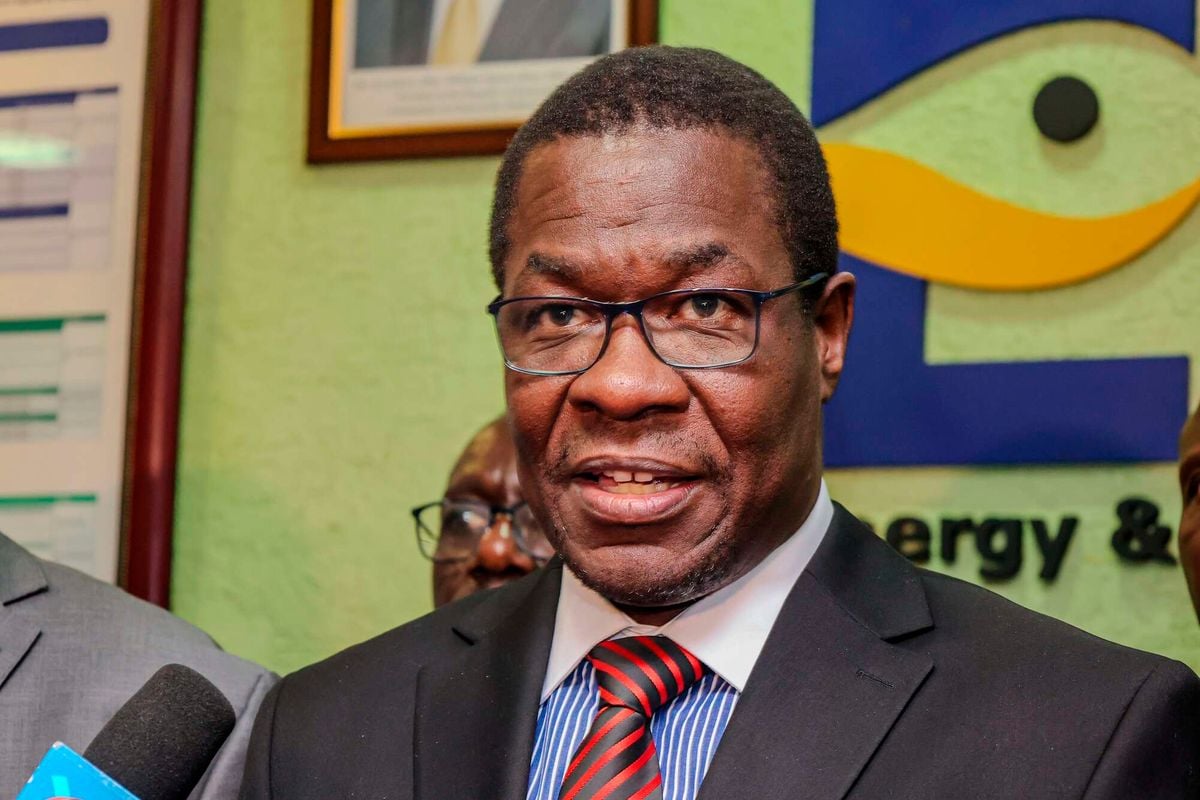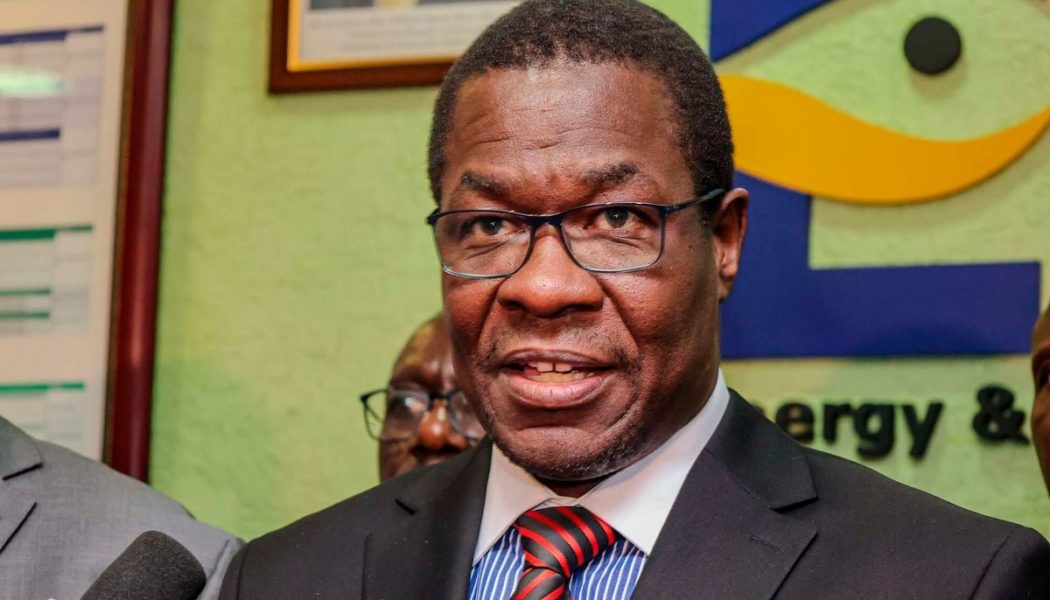
The World Bank has warned the Kenyan government against its push to end Kenya Power’s monopoly in the sale of electricity to homes and businesses, saying exposing the utility to competition will trigger a surge in electricity prices.
The Bretton Woods institution reckons that allowing other firms to sell power also risks crippling the Nairobi bourse-listed utility due to long-term wholesale electricity agreements it has inked with generators like KenGen, Lake Turkana Wind and OrPower4.
The warning to Kenya was delivered via the International Monetary Fund (IMF) at a meeting in Washington DC with top Treasury officials ahead of agreeing to offer the country a Sh78.3 billion loan.
Kenya has published regulations that allow private firms to sell electricity directly to consumers, with the target of ending monopoly by the State-run Kenya Power in the first quarter of 2025.
The government reckons the move will offer homes and businesses choice, and ultimately lower consumers’ power bills—which have increased to Sh1278 for 50 units from Sh823 in 2019.
Electricity prices have risen the most among basic items over the past five years.
But the World Bank is predicting chaos and costly electricity under the liberalised market.
“For retail consumers who may face higher tariffs due to the possible end of cross subsidisation if the larger, more lucrative customers were to leave Kenya Power,” said the IMF in reference to World Bank’ concerns.
“On the open access draft regulation, the World Bank has cautioned that this could have macro-fiscal implications especially for Kenya Power that has already contracted long-term, fixed power purchase agreements with several independent power producers.”
Kenya Power has inked power purchase agreements with 27 firms whom it paid Sh117 billon in the year to June 2023.
Consumers often complain of steep power bills, which are partially due to idle capacity charges that compensate power generators for electricity that is generated but never used.
Under a typical power purchase agreement, a power producer gets paid for any electricity produced, even if it is impossible for Kenya Power to sell it to consumers because of reasons including excess production.
The contracts are long-term, running up to 25 years, and a migration of top retail customers to new entrants could make it difficult for Kenya Power to meet its obligations, the World Bank warns.
Commercial and industrial customers account for about 51.2 percent of Kenya Power’s sales revenues—making them a dominant profit driver.
The larger and moneyed customers pay more for a unit of electricity, allowing Kenya Power to use them in subsidising some domestic consumers.
The World Bank reckons that the domestic consumers could be forced to pay more should the large consumers migrate to the new entrants.
Debate over the monopoly comes days after Kenya Power reported a Sh30.08 billion profit for the year ended June 2024 compared to a loss of Sh3.19 billion for the year ended June 2024, allowing it to resume paying dividends after a six-year drought.
It remains to be seen if the government will push on with the bid to end the Kenya Power monopoly in an economic setting that has seen the World Bank clout grow.
The World Bank’ influence on Kenya’s economic policy planning has increased to levels that would require the government to implement tough conditions across sectors.
This is the product of mounting loans Kenya has recently tapped from the World Bank, which hitherto gave project loans for poverty alleviation, but is now offering cash directly to the Treasury for budget support—including paying salaries.
It is Kenya’ largest foreign lender, with the institution’s unpaid loans standing at Sh1.8 trillion from Sh692 billion in 2019.
“We are fast-tracking them to ensure we have open access to our transmission and distribution networks to deepen supply in our country and electricity power markets within the East Africa Power Pool (EAPP). Trading within the EAPP is expected to start in the first quarter of 2025,” Energy Cabinet Secretary Opiyo Wandayi told the Business Daily before the IMF meeting.
“Epra (Energy and Petroleum Regulatory Authority) has just submitted a revised copy and a transition plan to the power market in the country. The electricity market regulations will increase degrees of freedom to the supply of power to large consumers.”
The proposed regulations will open cross-border power trade within the seven-nation East African community bloc, enabling economies with excess capacity to off-load it through the regional power market. Kenya currently taps excess hydroelectric power from Ethiopia and Uganda.
Once gazetted, private firms will generate, transmit, distribute, export, and import electricity, enabling them to supply in bulk to retailers who will connect and bill consumers.
This is expected to widen options for power distributors, likely creating competition on wholesale tariffs, whose ripple effect will be felt by consumers through lower bills.
Frequent outages amidst costly bills have prompted a number of companies and households to opt for alternative electricity sources, including solar, biomass, and captive power.









